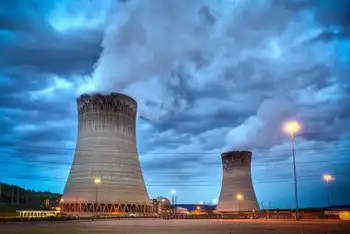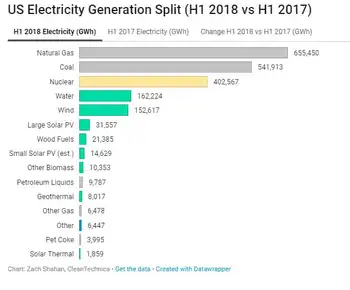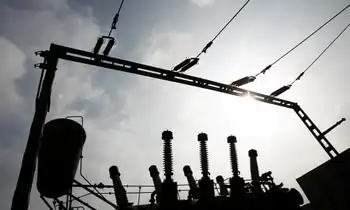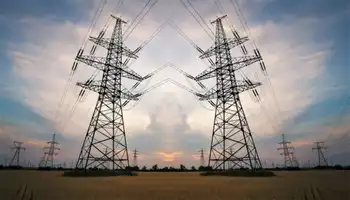U.S. Launches $250 Million Program To Strengthen Energy Security For Rural Communities

NFPA 70b Training - Electrical Maintenance
Our customized live online or in‑person group training can be delivered to your staff at your location.

- Live Online
- 12 hours Instructor-led
- Group Training Available
DOE RMUC Cybersecurity Program supports rural, municipal, and small investor-owned utilities with grants, technical assistance, grid resilience, incident response, workforce training, and threat intelligence sharing to harden energy systems and protect critical infrastructure.
Key Points
A $250M DOE program providing grants to boost rural and municipal utilities' cybersecurity and incident response.
✅ Grants and technical assistance for grid security
✅ Enhances incident response and threat intel sharing
✅ Builds cybersecurity workforce in rural utilities
The U.S. Department of Energy (DOE) today issued a Request for Information (RFI) seeking public input on a new $250 million program to strengthen the cybersecurity posture of rural, municipal, and small investor-owned electric utilities.
Funded by President Biden’s Bipartisan Infrastructure Law and broader clean energy funding initiatives, the Rural and Municipal Utility Advanced Cybersecurity Grant and Technical Assistance (RMUC) Program will help eligible utilities harden energy systems, processes, and assets; improve incident response capabilities; and increase cybersecurity skills in the utility workforce. Providing secure, reliable power to all Americans, with a focus on equity in electricity regulation across communities, will be a key focus on the pathway to achieving President Biden’s goal of a net-zero carbon economy by 2050.
“Rural and municipal utilities provide power for a large portion of low- and moderate-income families across the nation and play a critical role in ensuring the economic security of our nation’s energy supply,” said U.S. Secretary of Energy Jennifer M. Granholm. “This new program reflects the Biden Administration's commitment to improving energy reliability and connecting our nation’s rural communities to resilient energy infrastructure and the transformative benefits that come with it.”
Nearly one in six Americans live in a remote or rural community. Utilities in these communities face considerable obstacles, including difficulty recruiting top cybersecurity talent, inadequate infrastructure, as the aging U.S. power grid struggles to support new technologies, and lack of financial resources needed to modernize and harden their systems.
The RMUC Program will provide financial and technical assistance to help rural, municipal, and small investor-owned electric utilities improve operational capabilities, increase access to cybersecurity services, deploy advanced cyber security technologies, and increase participation of eligible entities in cybersecurity threat information sharing programs and coordination with federal partners initiatives. Priority will be given to eligible utilities that have limited cybersecurity resources, are critical to the reliability of the bulk power system, or those that support our national defense infrastructure.
The Office of Cybersecurity, Energy Security, and Emergency Response (CESER), which advances U.S. energy security objectives, will manage the RMUC Program, providing $250 million dollars in BIL funding over five years. To help inform Program implementation, DOE is seeking input from the cybersecurity community, including eligible utilities and representatives of third parties and organizations that support or interact with these utilities. The RFI seeks input on ways to improve cybersecurity incident preparedness, response, and threat information sharing; cybersecurity workforce challenges; risks associated with technologies deployed on the electric grid; national-scale initiatives to accelerate cybersecurity improvements in these utilities; opportunities to strengthen partnerships and energy security support efforts; the selection criteria and application process for funding awards; and more.











